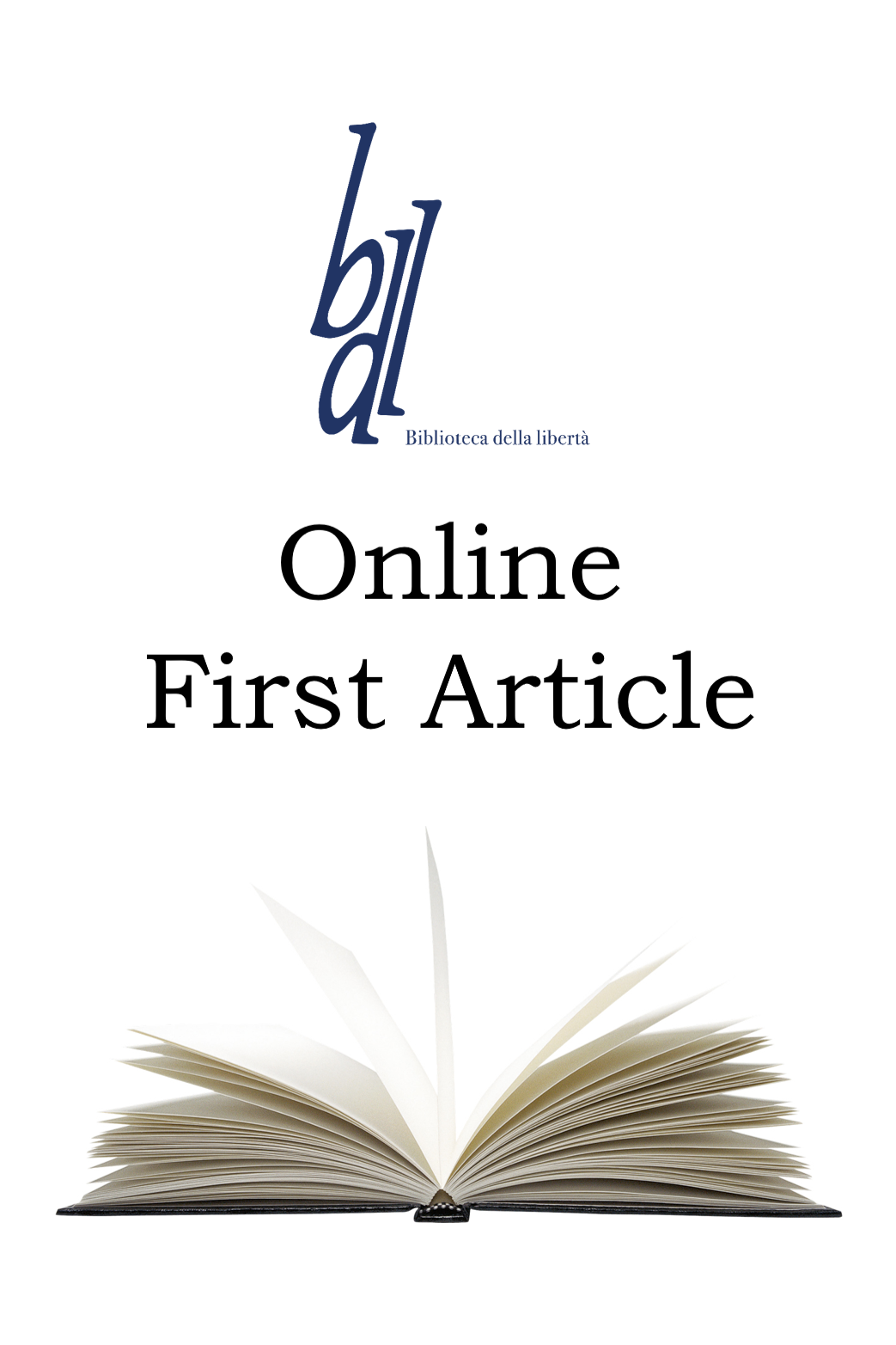- Ricerche e Progetti
- Biblioteca della Libertà
- Pubblicazioni e Working Paper
- Articoli e media
- Eventi e notizie
All issues
Il regime internazionale per la sicurezza alimentare: prospettive per il XXI secolo
- Categoria/Category
- Anno LIX, n. 241, settembre-dicembre 2024
- Autore/Author
- Francesca Cerutti
- Editore/Publisher
- Centro Einaudi
- ISSN
- 2035-5866
- DOI
- 10.23827/BDL_2024_25
- Luogo/City
- Torino
- Articolo completo/Full text
- 3_bdl_241_Cerutti.pdf
Abstract
Poverty and food insecurity continue to be significant challenges in the modern world. Over the past five years, factors such as the economic impact of the COVID-19 pandemic, heightened military conflicts in key food-producing regions, and the effects of climate change have worsened existing critical issues (World Bank Group 2023). Addressing undernourishment, malnutrition, and food crises like other global challenges requires effective international cooperation. This article delves into the Food Security Regime complex, tracing its evolution from its inception with the Food
and Agricultural Organization (FAO) to the present day. Utilizing the theory of Regime complexes as a suitable framework (Raustiala, Victor 2004; Alter, Meunier 2009; Alter, Raustiala 2018), it highlights how food security governance has evolved and transformed specifically after the 1990s, encompassing principles, norms, rules, and practices across various issue areas of International
Relations. These nested and partially overlapping institutions now extend beyond traditional international food assistance to include areas, such as international trade, human rights, and climate change and the environment. Given that food systems contribute significantly to global greenhouse gas emissions, on the one hand, and climate change poses a threat to food security, on the other hand, understanding and improving the ongoing dialogue between these two regimes is not only beneficial but essential.







